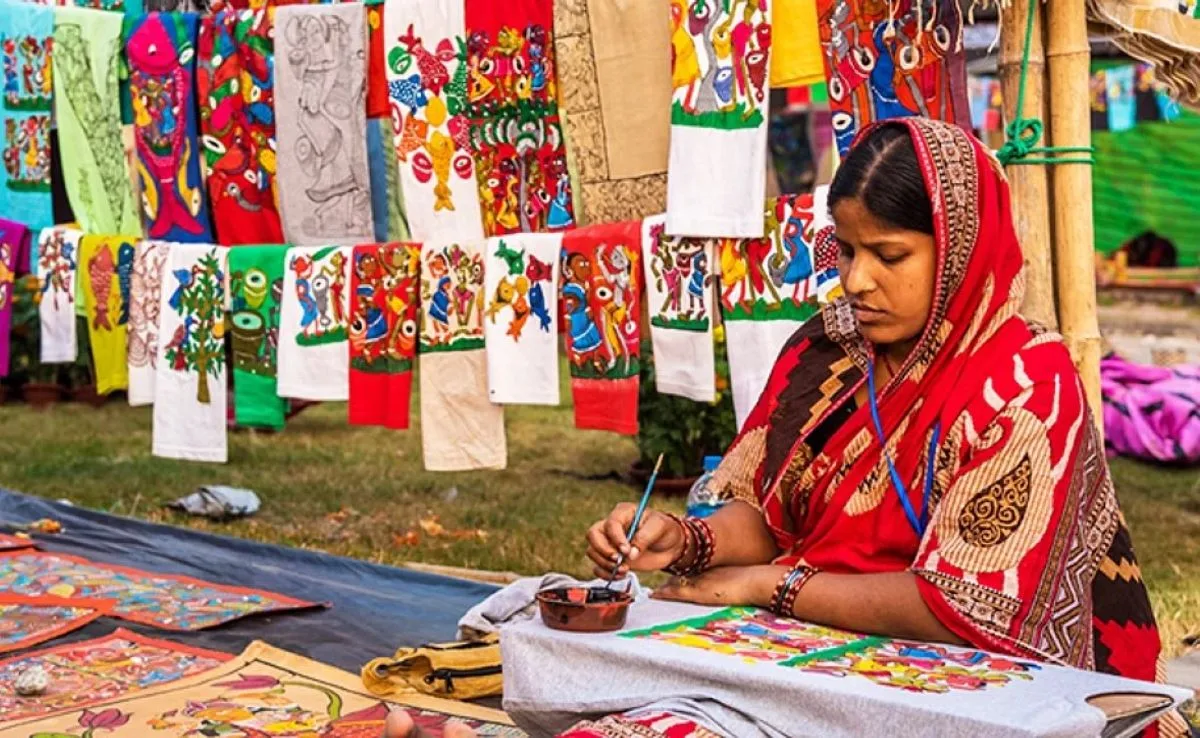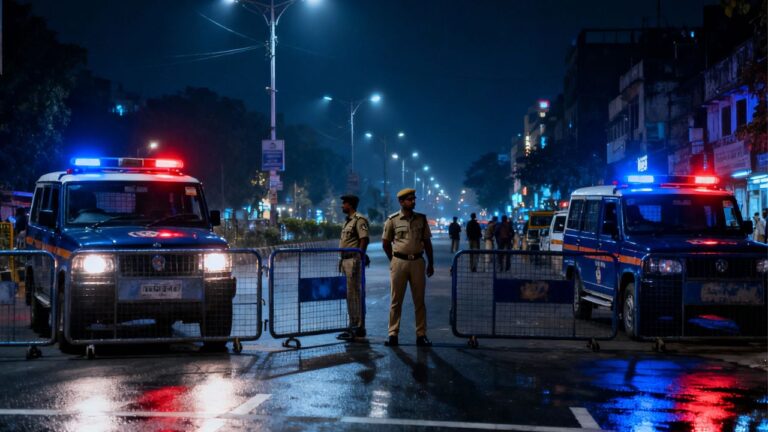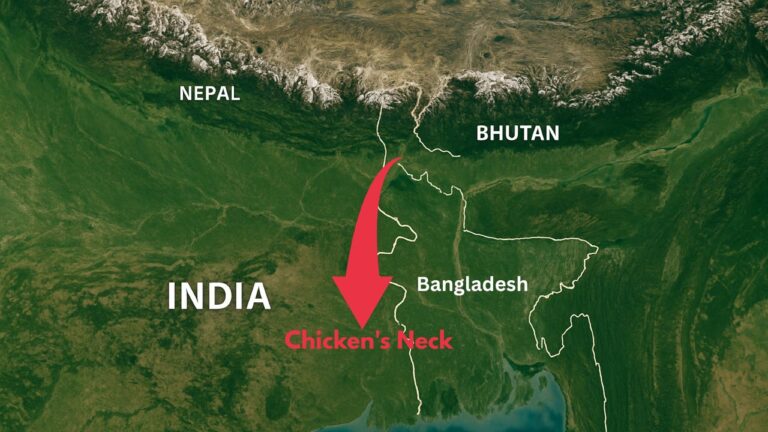
Empowering Rural India: Boosting Entrepreneurial Culture and Livelihoods
Entrepreneurship plays a crucial role in driving economic growth and creating employment opportunities in Rural India. In India, the Ministry of Rural Development and the Ministry of Skill Development and Entrepreneurship have been taking proactive steps to promote entrepreneurship in rural areas. These efforts aim to empower rural communities, especially women and disadvantaged groups, to set up enterprises, access finance, and improve their livelihoods. In this article, we will explore some of the key initiatives and their impact on rural entrepreneurship.
- Start-up Village Entrepreneurship Programme (SVEP)
The Ministry of Rural Development has been implementing the Start-up Village Entrepreneurship Programme (SVEP) as a sub-scheme under the Deendayal Antyodaya Yojana–National Rural Livelihoods Mission (DAY-NRLM). The primary objective of SVEP is to assist the rural poor, particularly those from Self-Help Group (SHG) ecosystems, in establishing enterprises in non-agricultural sectors at the village level.
Under SVEP, each operational unit is a Block, and a maximum of 2,400 enterprises can be supported in one Block with approved funds. The programme supports both existing enterprises and the establishment of new ones. Additionally, a cadre of Community Resource Persons-Enterprise Promotion (CRP-EP) is promoted to provide business support services to these enterprises. The maximum budget allocated for one Block under SVEP is Rs. 650.00 lakhs, and the project duration is four years from the date of Detailed Project Report (DPR) approval.
- Rural Self Employment Training Institutes (RSETIs)
To further foster the entrepreneurial culture in India, 590 Rural Self Employment Training Institutes (RSETIs) are functioning across the country. These institutes provide skill and entrepreneurship development training programs to unemployed rural youth, enabling them to start self-employment units or activities. The Ministry of Rural Development reimburses the cost of training imparted by RSETIs through the State Rural Livelihoods Missions (SRLMs).
- Entrepreneurship Development in Six Holy Cities
The Ministry of Skill Development and Entrepreneurship (MSDE) has initiated the Entrepreneurship Development in Six Holy Cities project. The project aims to catalyze local entrepreneurial activities in six temple towns, namely Puri (Odisha), Varanasi (Uttar Pradesh), Haridwar (Uttarakhand), Kollur (Karnataka), Pandharpur (Maharashtra), and Bodh Gaya (Bihar). It involves the participation of potential and existing entrepreneurs, unemployed youth, college dropouts, and youth from backward communities.
- PM YUVA Pilot Project
The PM YUVA Pilot Project, which ran from November 2019 to March 2022, aimed to create an enabling ecosystem for entrepreneurship through education, training, advocacy, and access to entrepreneurship networks. The project focused on students, trainees, and alumni from skilling ecosystems such as Industrial Training Institutes (ITIs), Polytechnics, Pradhan Mantri Kaushal Kendras (PMKKs), and Jan Shikshan Sansthans (JSSs). It was implemented through organizations with experience in entrepreneurship development and training in ten states and two union territories.
- Promotion of Women-Owned Producers Collectives
To foster group entrepreneurship in rural areas, the Ministry under DAY-NRLM promotes women-owned Producers Collectives, such as Producers Enterprises/Farmer Producers Organizations and Producers Groups. These initiatives aim to support women farmers in accessing better markets for their produce by implementing interventions like aggregation, value addition, and marketing. The focus is on developing complete business models that provide end-to-end solutions to primary producers, from creating producer organizations to building marketing linkages.
- Foundation for Development of Rural Value Chain (FDRVC)
To enhance technical expertise in supporting large-size Producer Enterprises, the Ministry established the Foundation for Development of Rural Value Chain (FDRVC) in collaboration with TATA Trusts. This initiative supports the State units of DAY-NRLM in developing and implementing value chain projects through the promotion of large-sized Producer Enterprises.
Impact of SVEP – Key Findings
The mid-term review of the Start-up Village Entrepreneurship Programme (SVEP) conducted during 2018-19 by the Quality Council of India (QCI) yielded significant findings:
- 82% of entrepreneurs across the blocks belonged to SC, ST, and OBC categories, indicating an inclusive approach.
- Women owned and managed 75% of the supported enterprises, empowering women in rural areas.
- The enterprises promoted under SVEP contributed to approximately 57% of the total household income, highlighting their positive impact on livelihoods.
- Entrepreneurs reported higher gross incomes than their aspirational income at the time of starting their enterprises, indicating successful business growth.
- Around 96% of the entrepreneurs experienced an enhancement in their savings, reflecting improved financial stability.
- The accessibility of loans from the Community Enterprise Fund (CEF) was reported to be easy by 70% of the entrepreneurs, enabling them to access necessary financial resources.
The Ministry of Rural Development and the Ministry of Skill Development and Entrepreneurship have been actively working to boost rural entrepreneurship in India. Through initiatives like the Start-up Village Entrepreneurship Programme (SVEP), Rural Self Employment Training Institutes (RSETIs), and various pilot projects, they have created an enabling ecosystem for aspiring entrepreneurs in rural areas. The promotion of women-owned Producers Collectives and the establishment of the Foundation for Development of Rural Value Chain (FDRVC) further enhance the prospects of sustainable growth in the sector.
With a focus on inclusivity and empowerment, these initiatives have shown promising results in improving livelihoods, increasing household income, and fostering a culture of entrepreneurship in rural India. Continued efforts and support from both the government and private sectors will be vital in sustaining and scaling up these initiatives to drive long-term socio-economic development in rural communities.






